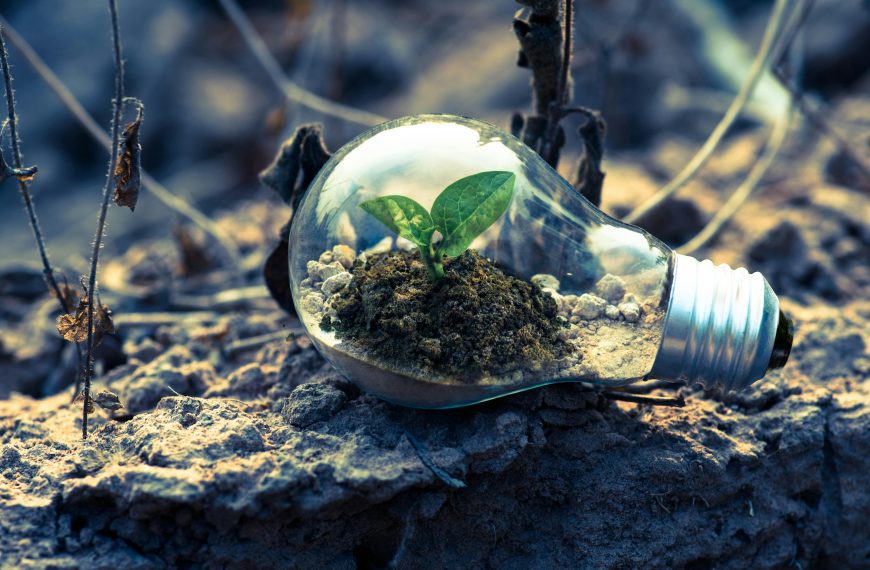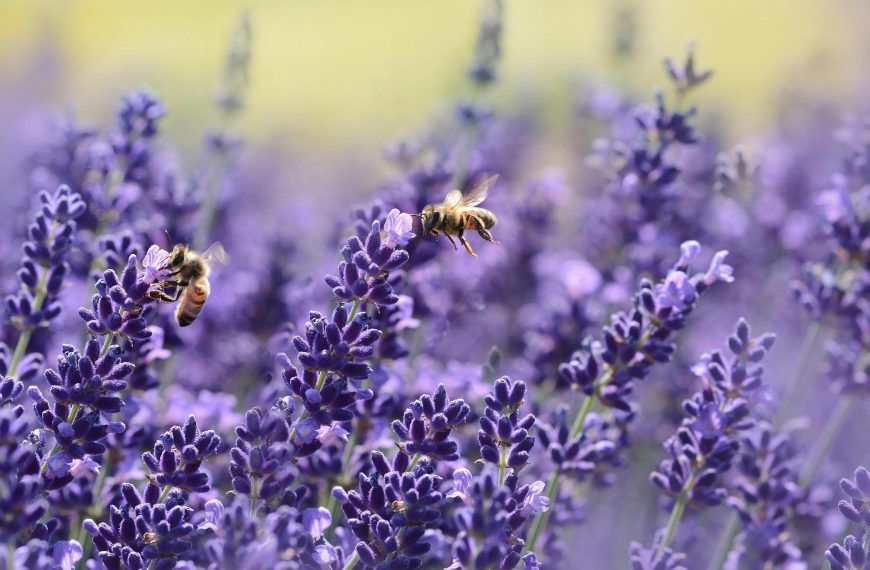In a time where environmental concerns take stage in discussions, the concept of organic living has garnered significant attention. Organic living is more than a lifestyle choice; it represents a commitment to sustainability, fostering a harmonious relationship with our environment. From the food we consume to the products we use, organic living encompasses aspects of our lives, all with the aim of reducing our ecological impact and promoting a healthier planet for future generations.
Understanding Organic Living
In a world grappling with environmental challenges, the idea of organic living has emerged as a beacon of hope. Organic living isn’t merely a trend; it’s a philosophy that centers around utilizing resources in ways that minimize harm to our fragile ecosystem. It’s an approach that harmonizes human life with nature, rather than exploiting it. At its core, organic living is about practicing sustainability – meeting our present needs without compromising the ability of future generations to meet their own.
Organic Food; Nourishing both Body and Earth
One of the fundamental tenets of organic living is the consumption of organic food. Organic farming practices prioritize methods such as using natural fertilizers, crop rotation, and pest management techniques that eschew harmful chemicals. This approach not only yields food free from pesticides and additives but also supports soil health and biodiversity.
In contrast, conventional farming often leans on monoculture, depleting soil nutrients and increasing the vulnerability to pest outbreaks. Organic farming, on the other hand, champions diverse crop planting, enhancing soil fertility, reducing erosion, and maintaining a balanced ecosystem. Moreover, organic farming contributes to the fight against climate change by curbing the release of greenhouse gases.
When individuals choose organic foods, they are championing a system that values the well-being of consumers and the planet alike. While organic foods may carry a slightly higher price tag, their long-term benefits for personal health and the environment are indisputable.
Eco-Friendly Products; From Personal Care to Household Items
Organic living isn’t confined to dietary choices; it extends to the products that populate our daily lives. Many conventional personal care and household items contain chemicals that can harm both human well-being and the environment. Embracing organic living means opting for eco-friendly products made from sustainable, natural materials.
Whether it’s selecting organic cotton clothing or using environmentally friendly cleaning products, our purchasing decisions reverberate through the environment. Adopting an organic lifestyle compels us to support companies prioritizing sustainable sourcing, minimal packaging, and reduced carbon emissions. By aligning our choices with these principles, we actively contribute to pollution reduction and resource conservation efforts.
Conserving Resources; Reducing Waste and Energy Usage
Resource conservation stands as a cornerstone of the organic living lifestyle. This entails minimizing waste, repurposing items, and reducing energy consumption. Recycling and composting play pivotal roles, diverting waste from landfills and converting organic matter into valuable nutrients for the soil.
Moreover, adopting energy-efficient practices and embracing renewable energy sources align seamlessly with the ethos of organic living. By diminishing our reliance on fossil fuels and preserving water, we contribute to mitigating the impacts of climate change, securing a sustainable future for generations to come.
Connecting with Nature; The Psychological Benefits
Beyond its tangible impacts, organic living extends psychological advantages. Spending time in nature, forging connections with the environment, and comprehending natural processes can profoundly impact mental well-being. Research underscores that exposure to natural spaces can alleviate stress, anxiety, and depression.
Organic living encourages individuals to establish deeper connections with their surroundings, instilling a sense of responsibility for the planet’s welfare. This connection fosters an approach to life where people actively strive to preserve the beauty and integrity of their environment.
Challenges and Future Prospects
While the path to sustainability that organic living offers is promising, it comes with challenges. Accessibility remains a major hurdle. Organic foods and products are often costlier and less accessible in lower-income areas. Addressing this requires making organic options more affordable and readily available, ensuring inclusivity in the movement.
Educational efforts are also crucial to dispel misconceptions. Critics argue that organic farming can’t adequately feed a growing population. However, research shows that with investment in techniques and technology, high yields can be achieved while maintaining environmental integrity.
Looking ahead, the organic living movement is poised for continued growth as more individuals acknowledge the urgency of addressing environmental issues. Governments, businesses, and communities must collaborate to support policies and initiatives that promote sustainable practices and equitable access to organic options.
Organic living encapsulates a way of life that prioritizes sustainability, responsible stewardship of the environment, and a profound connection with nature. Every choice we make, from the food we consume to the products we use, holds the power to either contribute to degradation or help safeguard our planet for generations to come.
By embracing the principles of organic living, individuals become active participants in building a sustainable and balanced world – a world where the well-being of humans and the environment are intrinsically intertwined. As the organic living movement advances, it carries the potential to reshape our relationship with the planet and pave the way for a healthier, greener future.









